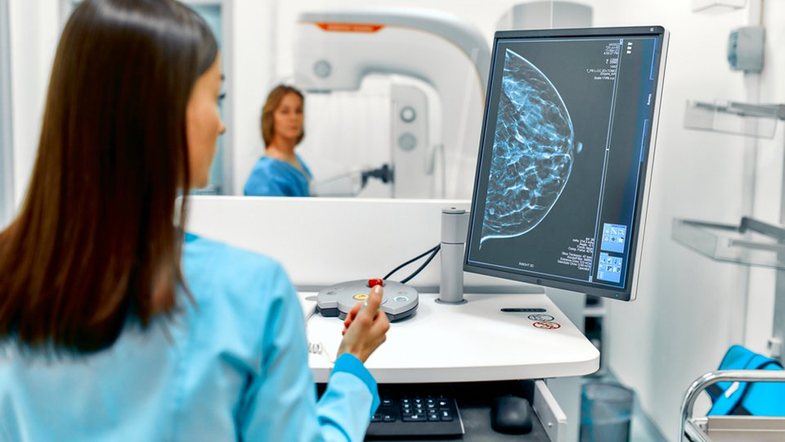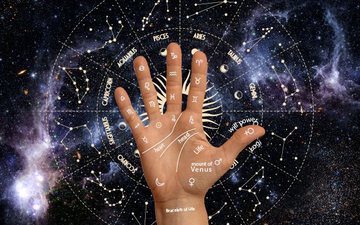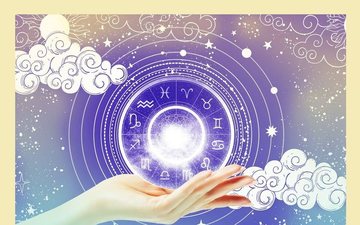
Cancer cases among young people are on the rise. In fact, the only age group that saw an increase in cancer cases from 1995 to 2020 was young adults. This has many people asking, “When is the right time to get a mammogram?”
When should you have a mammogram?
According to Dr. Arif Kamal, a senior official at the American Cancer Society, women should start considering mammograms as early as age 40 and discuss this with their doctor. He recommends that mammograms be done annually after that age.
“Lowering the age for mammography to 40 is an important step, because each year about 60,000 cases of breast cancer are diagnosed in women under 50,” explains Dr. Stacy Smith-Foley, director of the Breast Center at CARTI.
In addition, the change in recommended age also aims to address health disparities. For example, women of color are more likely to be diagnosed with breast cancer before age 40 and have a 40% higher mortality rate than white women.
What about the increase in cancer cases among young people?
While concern about the increase in cancer cases in young people is understandable, Dr. Kamal says there is not yet enough evidence to change recommendations and start mammography before age 40, except in cases with risk factors.
What are the risk factors?
If you have certain risk factors, you may need to start screening earlier. Some of these include:
• Family history: If you have a close relative (mother, sister, father, brother) with breast cancer, it is recommended that you start mammography 10 years before the age when that person was diagnosed.
• Radiation exposure: If you have had previous exposure to radiation, for example, in cases of multiple scans for heart or lung problems, you should discuss this with your doctor.
• Age of first menstruation: Women who had their first menstruation at an early age (e.g., 10-11 years old) are at higher risk than those who had it at 13-14 years old, due to longer exposure to estrogen.
• Pregnancy and breastfeeding: Women who have not had children or have not breastfed have a higher risk, because pregnancy and breastfeeding reduce exposure to hormones.
• Cancer syndromes: If your family has a history of stomach, breast, ovarian, or even colon cancer, you may be at higher risk. In these cases, it may be necessary to undergo genetic testing and start screening earlier.
So, should you be worried?
If you don't have high risk factors, you can follow the recommendations to start mammograms at age 40. But if you have any of the above factors, it's important to talk to your doctor to determine the best plan for you. In any case, regular checkups and knowing your body is always a good step towards prevention and early detection.
Sources: PopSugar





